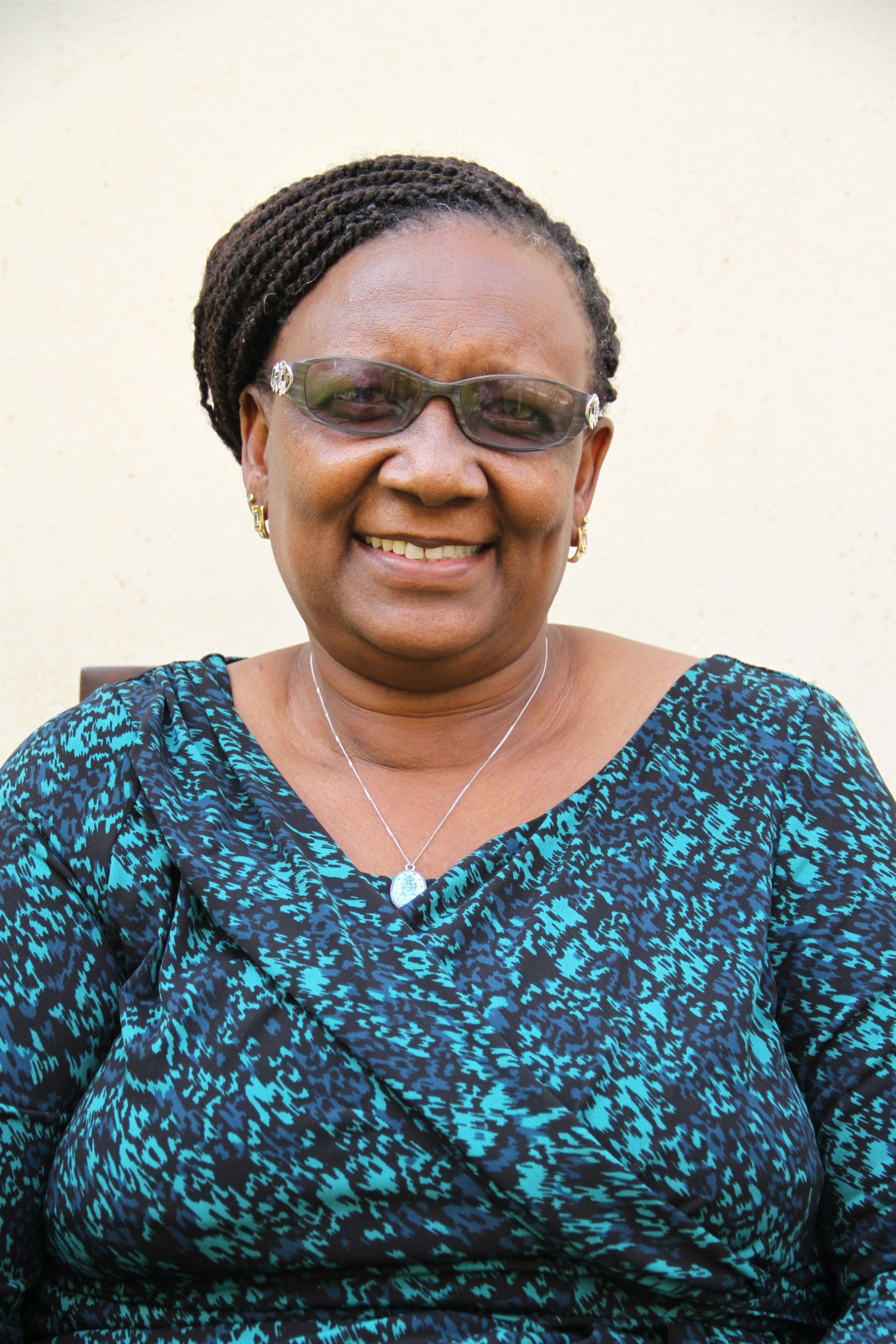
In January this year President Robert Mugabe declared a state of disaster, owing to the drought that has ravaged Zimbabwe. The drought has already killed livestock, with people facing debilitating food shortages.
Blessing Vava
Suffice to say, the country has experienced droughts before, but it seems we are always caught off-guard and fail to come up with long-term mitigating mechanisms to fight droughts.
Agriculture contributes about 19% of the county’s gross domestic product and for the past 15 years, Zimbabwe’s agricultural output has been decreasing. Zimbabwe mainly depends on maize, which is the staple diet in most households.
A paper published by the Meteorological Department in 2015 posits that the drought experienced during the 1991/1992 season, for example, decreased maize production by almost 75%, leaving a large percentage of the population in dire need of food aid. The Grain Marketing Board domestic maize intake during the 1992 drought year was about 13 000 tonnes — just enough for two days’ consumption for the nation. Over one million head of cattle died of starvation during the year.
Drought returned in 1993 and in 1994, 2002, 2004 and 2012 seasons. The severe drought of 1992 compelled the government to declare a “national disaster”.
By the end of that year, 5 602 568 people were on the drought relief registers. This figure translated to 74% of the rural population. During the 2002 drought, almost four million Zimbabweans survived on food aid.
This time the drought has been worsened by the El Niño weather phenomenon which has also affected South Africa, Malawi and Zambia, destroying crops and livestock.
- Chamisa under fire over US$120K donation
- Mavhunga puts DeMbare into Chibuku quarterfinals
- Pension funds bet on Cabora Bassa oilfields
- Councils defy govt fire tender directive
Keep Reading
In light of this development, the Zimbabwe Vulnerable Assessment Committee estimated that about 1,5 million people had been affected by the El Nino. However, Public Service, Labour and Social Welfare minister Prisca Mupfumira said four million needed food aid.
Some NGOs, politicians (mostly from Zanu PF) have already started distributing food to the affected areas, with Mugabe’s wife Grace leading, mainly through her “Meet the People” rallies.
It was reported recently that Mugabe donated about 60 tonnes of maize-meal in Bikita South and the food was handed over to villagers by Zanu PF Masvingo province secretary for the commissariat Jappy Jaboon. Quite intriguing were the words of Jaboon during his address: “Our president has the people at heart so let’s continue supporting him…let’s continue supporting him because of his impeccable record as a man of the people, especially the poor.’’
This makes it clear that Zanu PF will use food as a campaign tool. This is despite that the 1996 World Summit on Food Security declared that “food should not be used as an instrument for political and economic pressure”.
We need a holistic approach, transparency and honesty in dealing with this drought. The government has over the years failed to distribute food to the needy in times like these. People have been denied food on the basis of political affiliation. According to a report compiled by Human Rights Watch on the 2002 drought, Zanu PF was heavily implicated in partisan food distribution and for years, has been abusing government departments concerned with food aid.
This trend is likely going to continue as Zanu PF and the partisan traditional leaders make the situation worse. The same traditional leaders are often used to intimidate and coerce villagers to vote for Zanu PF. Zanu PF’s strategy has always been to starve opponents into submission. Nothing has really changed despite statements by Mupfumira that food was not being distributed along political affiliation.
With the high number of Zimbabweans in need of food, there is no guarantee that the food will be fairly distributed and this will only aggravate the situation as those in need will likely face starvation. The government alone has proved its ineffectiveness in addressing the plight of those facing starvation, there is need for an independent taskforce with all stakeholders, including farmers, academics, non-governmental organisations, churches and the government in handling food distribution.
Politicians should be barred from distributing food aid because of the dangers of exclusion. Food aid should not be distributed at political rallies as this excludes those that do not subscribe to that particular party.








